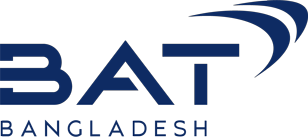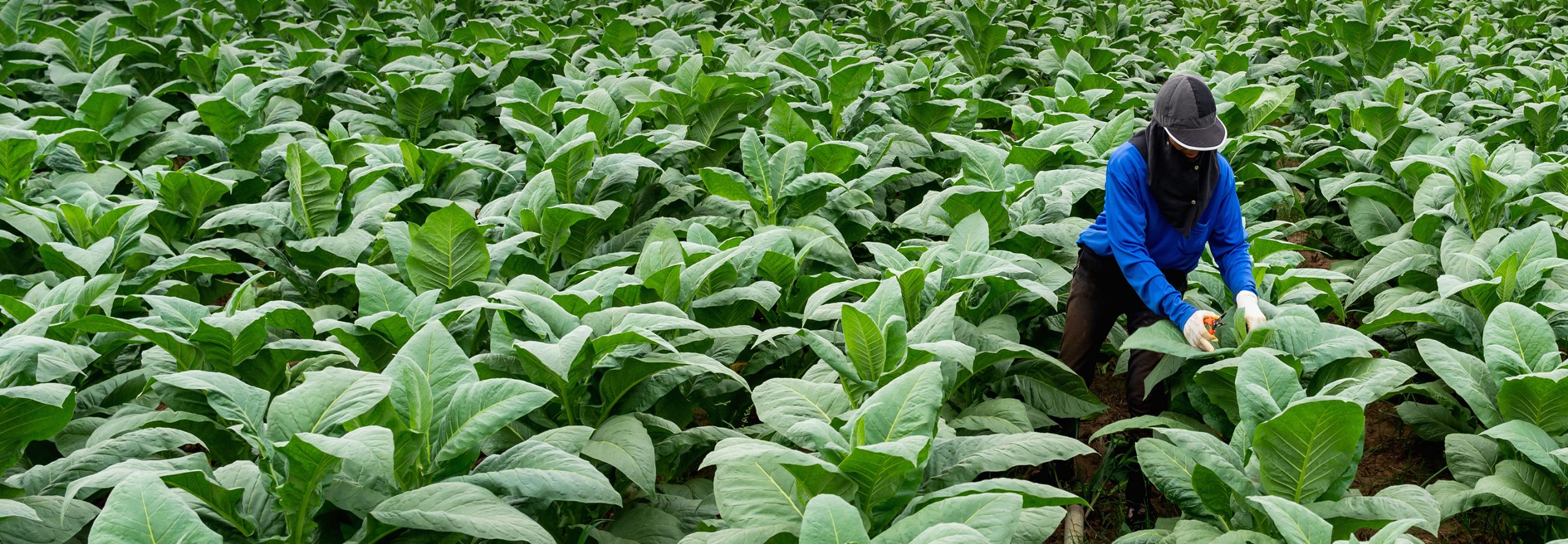British American Tobacco Bangladesh - Enhancing farmers’ livelihood
BAT Bangladesh acknowledges the potential of alternative sources of income in improving the livelihoods of farmers.
We support enhancing farmers’ livelihoods in Bangladesh. The following are some initiatives that we have implemented to support farming community.
Driving Efficiency: Affordable Mechanization Initiative

Launched in 2021, BAT Bangladesh’s Affordable Mechanization Initiative addresses labour shortages and rising farming costs by introducing tools like ridge-makers, fertilizer applicators, and inter-cultivators. In 2024 alone, the programme supported 37,700 farmers across 15,096 hectares—covering 42% of targeted farmland.
To date, over 53,000 farmers have benefited, achieving a 4% reduction in production costs and improved farm incomes. Developed in partnership with BARI and DAE, a locally adapted ridge maker-fertilizer applicator has streamlined key farming processes. The initiative aims to reach 90% coverage by 2025, driving sustainable agricultural efficiency in rural communities.
Enhancing Safety: PPE Distribution Initiative

Since 2010, BAT Bangladesh has been promoting farmer safety through its Personal Protective Equipment (PPE) initiative. Focused on safe crop protection and harvesting practices, the programme has distributed over 27,000 PPE sets (2022–2024) and 124,652 pairs of gloves in 2024 alone—offering additional support to marginal farmers via free or subsidized gear.
To date, 50,586 farmers have benefited from the initiative, with 5,711 engaged in 2024. Training is a key component, with 84% of farmers now proficient in proper PPE use. In collaboration with DAM, DAE, and CPA manufacturers, the programme continues to scale its impact. By 2025, BAT Bangladesh aims to ensure 100% PPE access and training for all contracted farmers and workers.

Empowering Communities: Mushroom Cultivation Initiative

Since 2019, BAT Bangladesh’s Mushroom Cultivation Initiative has created off-season income opportunities for farm families by repurposing unused tobacco barns from May to January. The initiative, run in collaboration with the Department of Agricultural Extension and the Bangladesh Mushroom Development Institute, has trained 125 farm women to date.
Each barn supports 300–350 spawns, yielding up to 600 kg of mushrooms per 70–80 day cycle—generating around BDT 126,000 in income. The program not only promotes women’s entrepreneurship and family nutrition but also strengthens community resilience and sustainable rural livelihoods.
Enhancing Livelihoods of Rural Women in Bangladesh

Launched in 2024, SHELAI (Sustainable Household Enterprise for Livelihood & Accelerated Income) is an initiative aimed at empowering rural women in BAT Bangladesh's Rangpur leaf region through skill development and income generation.
The pilot program trained 36 farm women over 30 structured sessions covering 15 sewing and cutting techniques. Top performers were awarded sewing machines to kickstart their own enterprises. Early results show improved household incomes, greater confidence, and enhanced quality of life among participants.
By promoting women’s economic participation, SHELAI supports both individual empowerment and community resilience. Building on its initial success, the programme plans to train 240 women annually and expand into other growing regions—contributing to broader rural development and sustainability.
Farmers Sustainability Management (FSM)
BAT Group's Farmer Sustainability Management (FSM) is a digital platform designed to assist field technicians in gathering data during farm visits. FSM is utilized to oversee all BAT Bangladesh contracted farmers, ensuring that data is collected, tracked, and analyzed centrally to provide senior management with valuable insights and drive strategic decision-making.
Sustainable Tobacco Programme (STP)
The Sustainable Tobacco Programme (STP) is an industry-wide initiative launched in 2015 to ensure responsible and sustainable tobacco leaf production. Replacing BAT’s earlier Social Responsibility in Tobacco Production program, STP aligns with international standards, including the ILO conventions and UN Guiding Principles.
All BAT Group Leaf suppliers must participate in the programme, which covers a wide range of ESG focus areas—environmental protection, human rights, farmer livelihoods, climate change, soil and water management, biodiversity, and governance. Key criteria address issues such as child and forced labour, health and safety, living income, and sustainable farming practices.
Following a comprehensive review in 2021, the enhanced STP now aligns closely with the UN Sustainable Development Goals and emphasizes risk management, measurable impact, and continuous improvement. Suppliers are required to complete annual self-assessments, risk evaluations, and action plans. Farm-level data is gathered through regular monitoring, with BAT Bangladesh using BAT Group’s digital Farmer Sustainability Management (FSM) tool to support transparent and consistent data collection.


